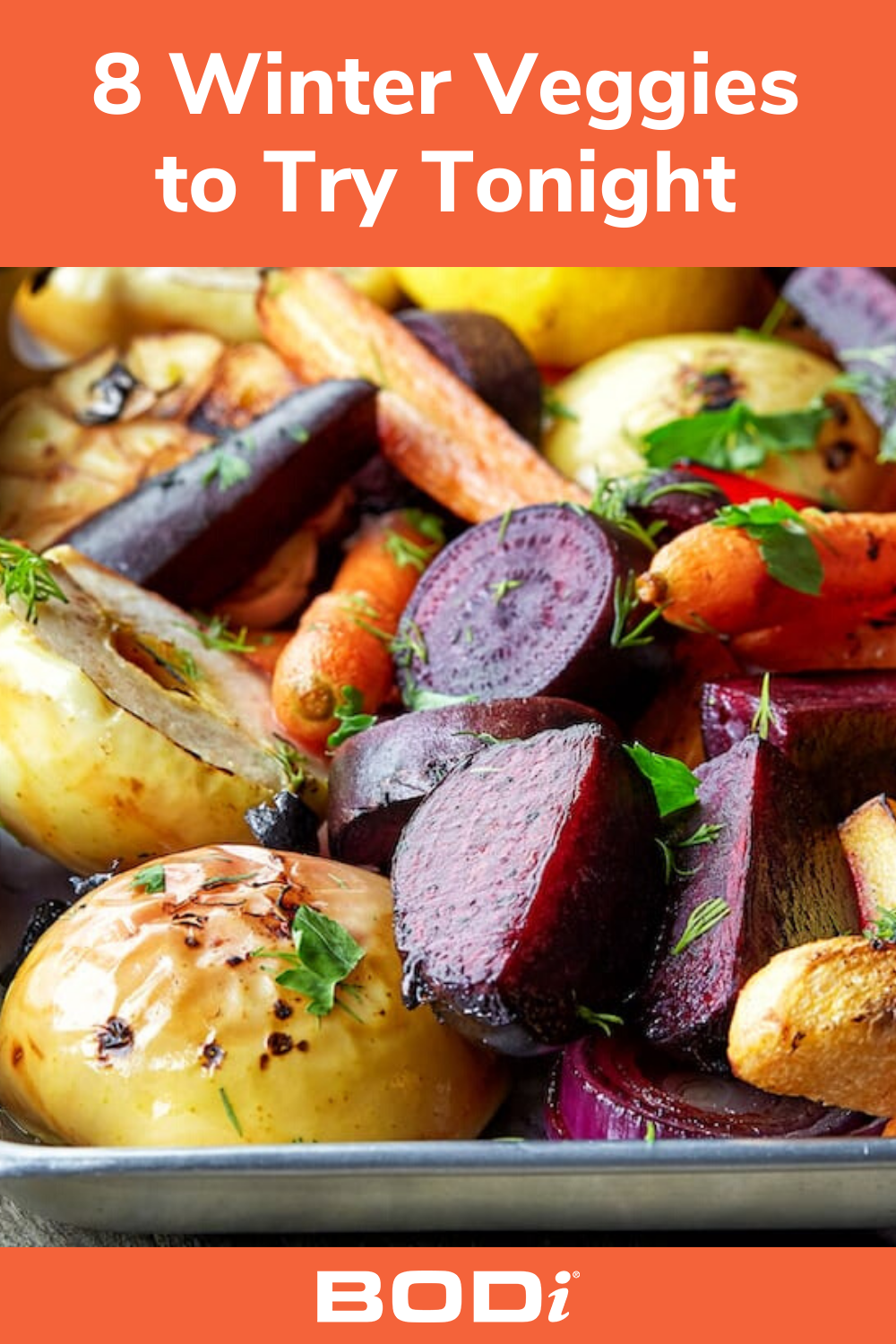Fitness
8 Winter Greens to Add to Your Procuring Record
For those who’re attempting to eat extra veggies, selecting seasonal produce will help — fruits and veggies usually have essentially the most taste after they’re domestically grown and in-season. However how will you eat seasonally in the course of winter? That’s the place winter greens are available in.
Winter veggies will help you get out of your “inexperienced beans once more?!” rut, and so they present a wide range of nutritional vitamins, minerals, and antioxidant advantages. Uncooked or steamed, roasted or braised, listed here are eight winter greens so as to add to your meal plan when the thermostat drops.
1. Beets
The earthy style of beets isn’t for everybody. However for those who’re on Group Beet, this winter vegetable is tasty uncooked or roasted — and incorporates fiber, potassium, iron, and folate. Add sliced or grated beets to a salad, or roast them within the oven to make them even sweeter and extra tender.
2. Brussels Sprouts
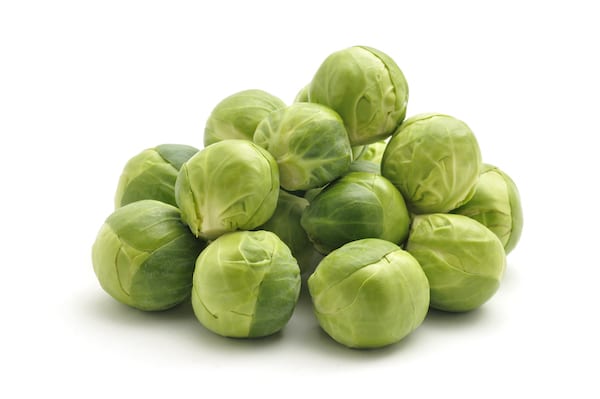
Because the climate will get cooler, you’ll begin seeing stalks of brussels sprouts within the produce aisle. These bite-sized winter greens are a member of the cruciferous vegetable household — identical to kale, cabbage, and broccoli — and so they present vitamin A, vitamin C, and fiber.
Shave uncooked sprouts to make a scrumptious winter slaw, or roast them within the oven for a sweeter, mellow taste. Strive topping roasted sprouts with chopped bacon and contemporary Parmesan, or with balsamic vinegar, mustard, or Gruyère cheese.
3. Cabbage
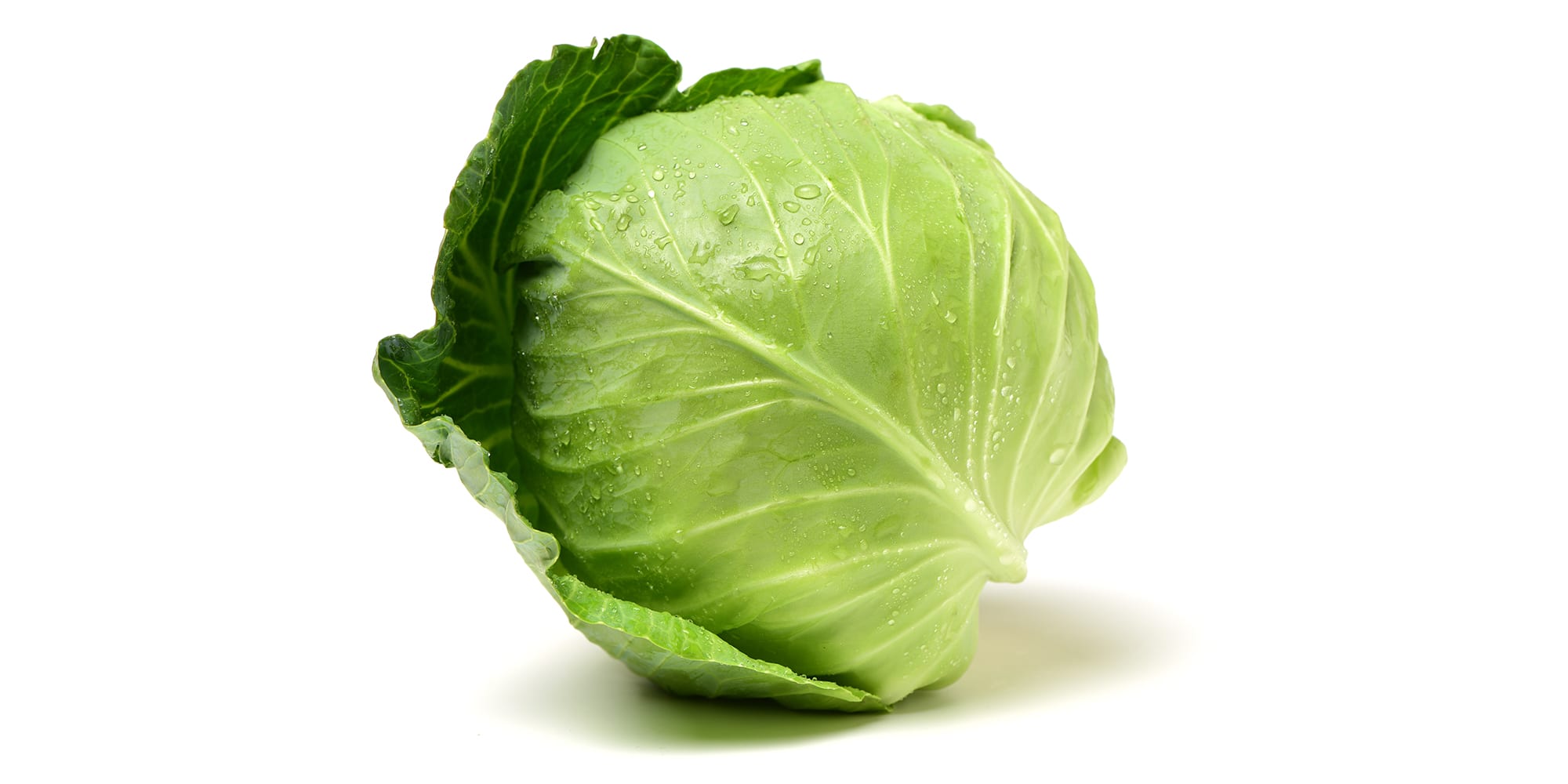
Suppose past coleslaw in the case of cabbage. Winter is the proper time to throw chopped cabbage into stir-fry recipes, stuff entire leaves with floor beef, and even roast the pinnacle entire! Cabbage supplies vitamin C, vitamin Ok, and folate, and purple cabbage particularly is a key supply of a kind of flavonoid referred to as anthocyanins.
4. Chard
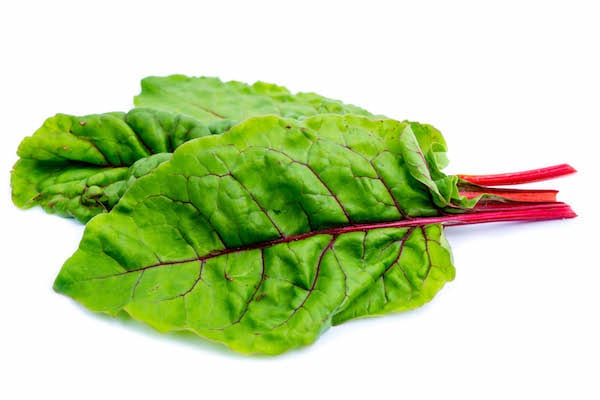
Milder than kale, however heartier than spinach, chard is a leafy inexperienced you’ll wish to add into your winter veggie rotation. Along with livening up your winter plate, brightly coloured rainbow Swiss chard incorporates nutritional vitamins A, C, and Ok, together with betalains, a kind of plant pigment which will have antioxidant-like properties.
Eat chard uncooked in salads, add it to soups and stews, or sauté it with olive oil and blend it right into a grain bowl.
5. Kale
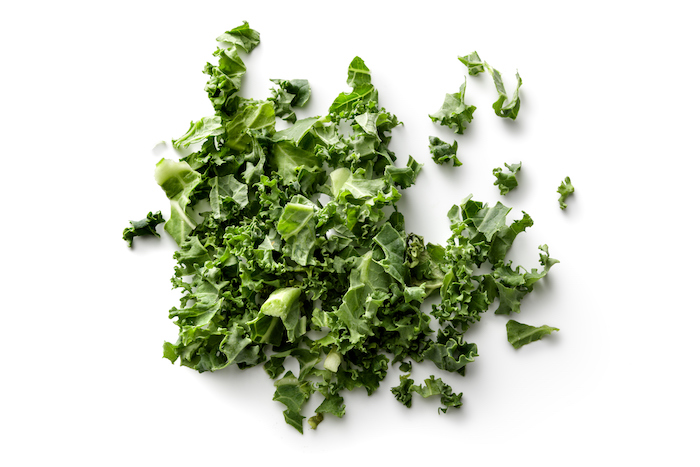
For some time, kale had a repute as a hippie-dippie veggie. However even for those who aren’t on board with the concept of kale brownies, you may nonetheless take pleasure in this leafy inexperienced winter vegetable and all its dietary advantages. A 4-ounce serving of kale supplies greater than your day by day beneficial consumption for nutritional vitamins A, C, and Ok.
Sauté it with onions and garlic and blend it into your morning eggs, mix it into a day smoothie, or therapeutic massage uncooked kale and add it to a winter salad.
6. Leeks
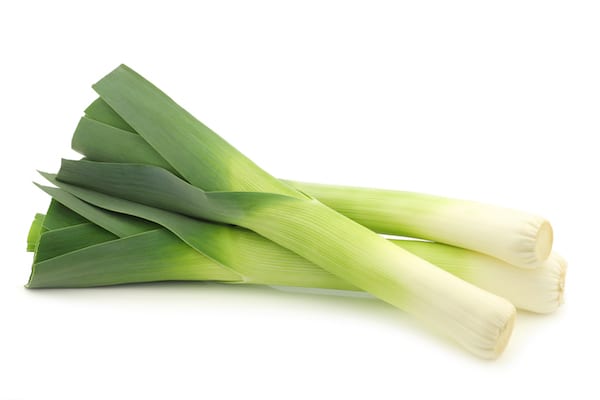
These winter veggies — which give vitamin A, vitamin Ok, and iron — seem like large scallions, however they’re milder and extra tender. Clear them effectively by reducing them in half and totally rinsing out soil that may get trapped within the leek’s many layers, then sauté them in olive oil.
Stir them right into a grain bowl, puree them for soup, or serve them as a facet for winter dishes that includes hen or potatoes.
7. Parsnips
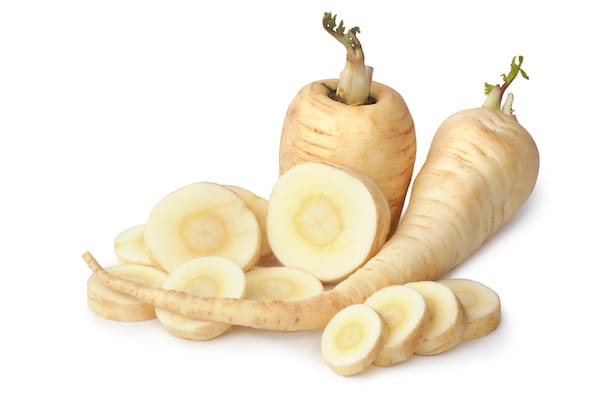
This winter root veggie is a cousin of the carrot, however with an earthier, nuttier taste. Parsnips present vitamin C and folate, together with six grams of fiber per cup. Roast them within the oven with olive oil, salt, and pepper — then take pleasure in them as is, or puree them for a stew or winter vegetable soup.
8. Winter Squash
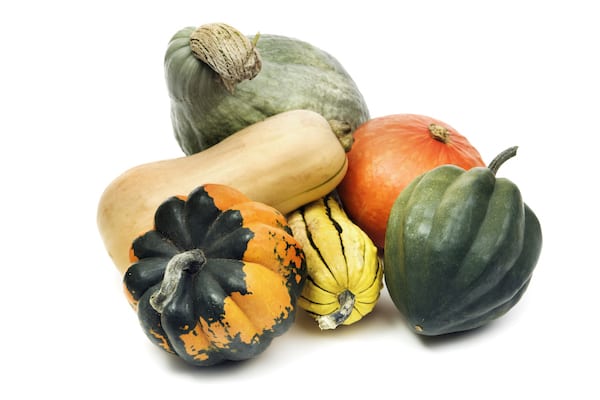
Because the title suggests, winter squash — like butternut squash, acorn squash, spaghetti squash, or delicata — is likely one of the finest greens to develop in winter. Its wealthy and satisfying flavors are good for cozy winter recipes, and most sorts of squash present vitamin A, vitamin C, and fiber.
Bake halved squash within the oven, steam peeled squash on the stovetop, or roast cubed squash to puree right into a hearty soup.
4 Winter Vegetable Recipes to Make At the moment
Hungry? Check out a few of these scrumptious winter vegetable recipes to maintain your food plan nutrient-dense and your tummy full all winter lengthy.
